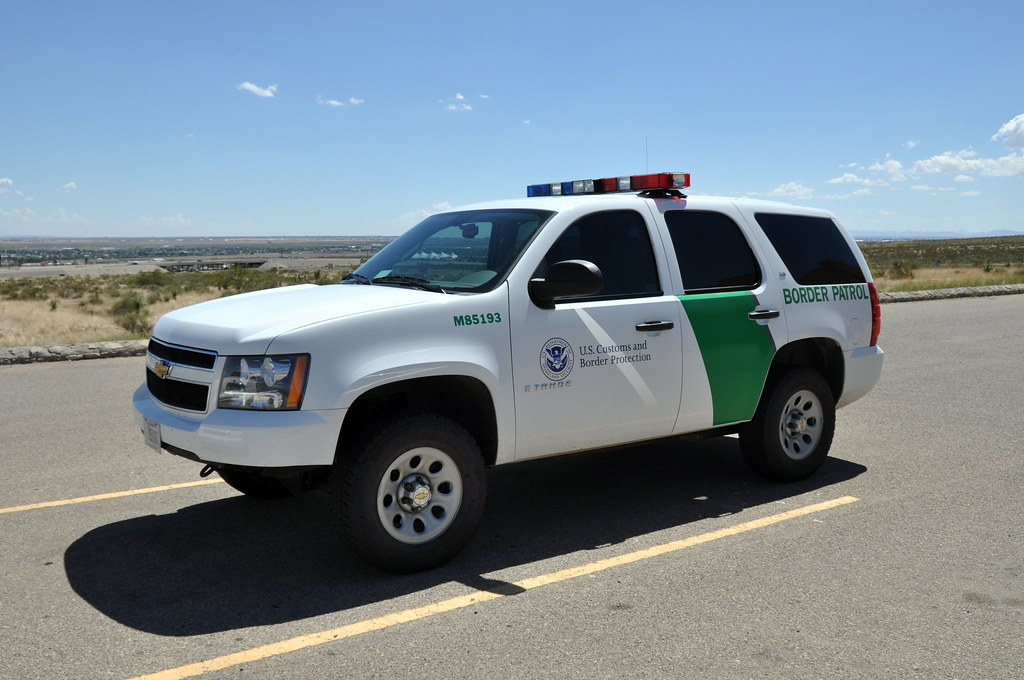When crossing borders with your food photos and travel notes, the last thing you want is someone scrolling through your digital collection. Yet at U.S. borders, Customs and Border Protection (CBP) officers routinely request to search electronic devices – a practice that’s perfectly legal under current regulations.
The rules around these searches vary depending on your citizenship status. According to the American Civil Liberties Union, if you’re a U.S. citizen or green card holder, you’re not legally required to share your password – a crucial protection many travelers don’t realize they have.
Your Digital Rights at the Border
Your immigration status dramatically affects your options at the border. U.S. citizens cannot be denied entry for refusing to unlock their phones, but there’s a catch – officers may still confiscate your device for weeks or even months, according to reports from the Electronic Frontier Foundation and other civil liberties groups.
REAL ID enforcement began May 7th, leaving unprepared travelers facing potential delays at airport security checkpoints and overwhelming DMV offices nationwide.
For those traveling on visas or as tourists, the stakes are higher. The Economic Times and multiple legal sources confirm that refusing could result in being denied entry to the country. CBP justifies these searches under the “border search exception” to the Fourth Amendment, a legal doctrine that allows warrantless searches at international boundaries.
Cybersecurity experts recommend several precautions before international travel. The Electronic Frontier Foundation suggests backing up your devices and minimizing sensitive data. They also advise disabling biometric features like fingerprints or Face ID, which receive less legal protection than passwords.
What to Do If You’re Searched
If officers request your password, you have options based on your status. According to CBP guidelines and legal experts, providing access isn’t mandatory for citizens or permanent residents, though refusing comes with consequences.
For travelers with sensitive work materials, the ACLU recommends asserting whether documents contain privileged information, such as attorney-client materials or journalist sources. Officers should then consult legal counsel before proceeding, though outcomes vary depending on the situation.


















